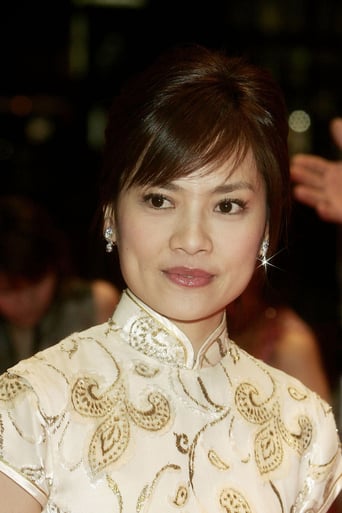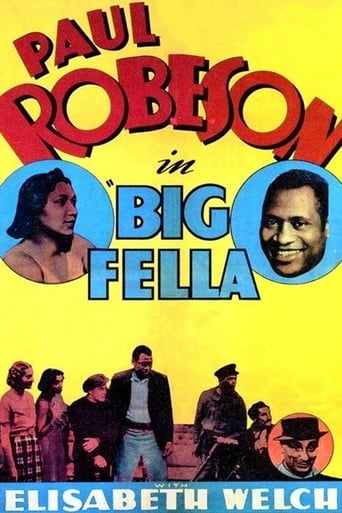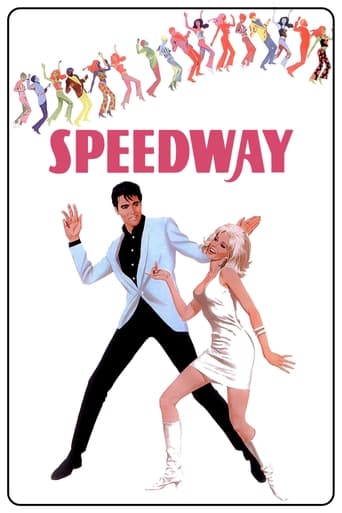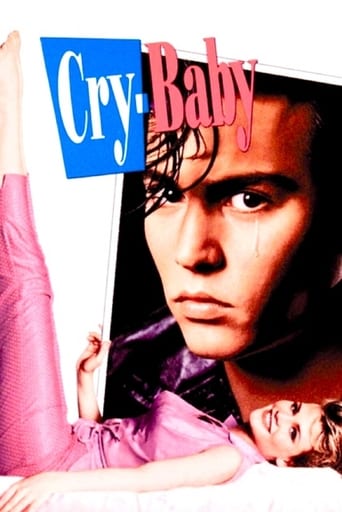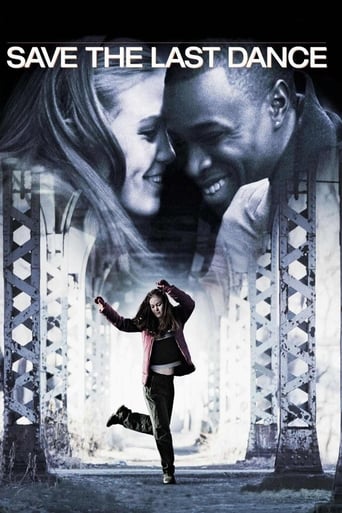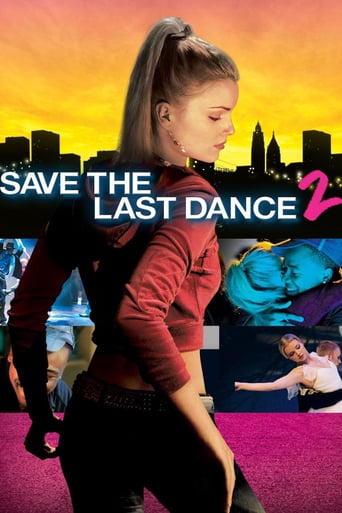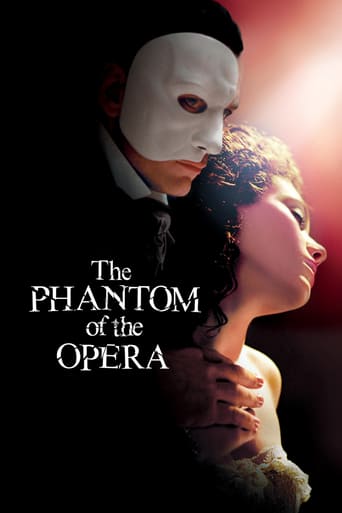
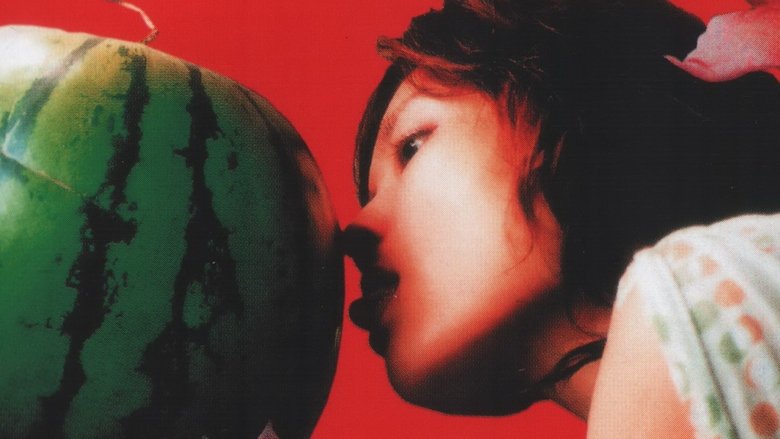
The Wayward Cloud (2005)
Hsiao-Kang, now working as an adult movie actor, meets Shiang-chyi once again. Meanwhile, the city of Taipei faces a water shortage that makes the sales of watermelons skyrocket.
Watch Trailer
Cast
Similar titles
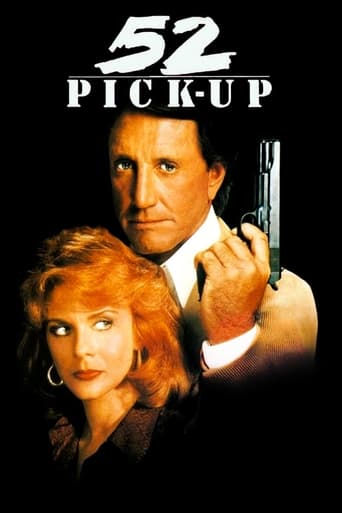
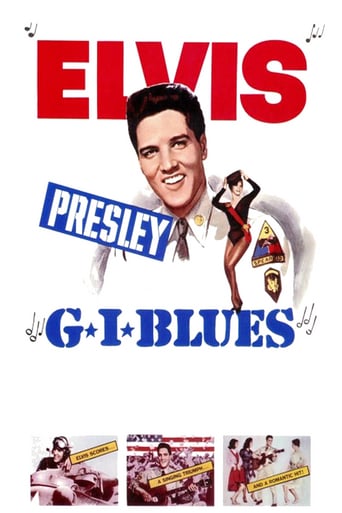
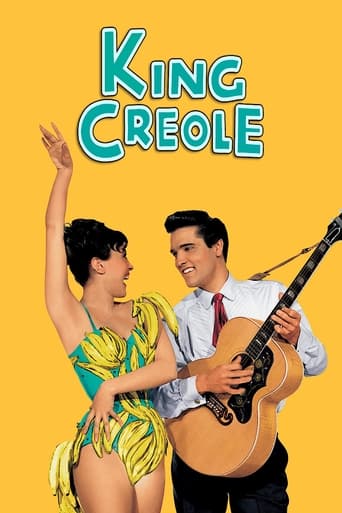
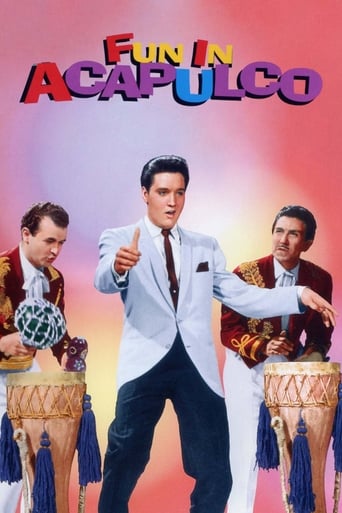
Reviews
Thanks for the memories!
People are voting emotionally.
Fantastic!
It's an amazing and heartbreaking story.
The founder of the "new novel" and screenwriter for Last Year at Marienbad Alain Robbe-Grillet said: "A new form will always seem more or less an absence of any form at all, since it is unconsciously judged by reference to the consecrated forms." This is certainly true of the films of Tsai Ming-Liang, and The Wayward Cloud is one of his most daring attacks on traditional cinematic form yet. We follow two characters: Hsiao-kang (the same protagonist as in eight of Tsai's nine features. Acting as an "Antoine Doinel" for our modern age of isolation and loneliness) and Shiang-chyi as his would be lover. The two however, are doomed never to celebrate their love for each other fully. Our two protagonists never express themselves with words, and don't speak more than one sentence each throughout the film. Both sentences come when they see each other for the first time since Tsai's previous film What Time is it There? Tsai's work within the Contemporary Contemplative Cinema paradigm is essential, because he has elevated the process to be more than simply a rejection of the sheep-like adherence to standard narrative techniques, but also the best possible means of expression of the themes and philosophy he is interested in exploring. The events of The Wayward Cloud unfold the way they do because it's the only way they can unfold for them to have any meaning. The style is informed by the content of the film. The rejection of dialogue, the refusal to cut, the wariness of close- ups, the static "objective" camera informs our understanding of the themes. The entire film is about emptiness. The characters lives are empty, the decrepit building they live in is empty, the version of Taipei they live in is empty (even as the news story on t.v. hints at a larger population somewhere) the images they are framed in are empty, and the majority of the time they spend in the movie is empty. They are seen sleeping on park benches, laying on the floor, smoking cigarettes, walking down endless hallways, and taking long elevator rides. There are five scenes throughout the film which are not empty and all five of the scenes happen to be musical numbers. These numbers serve as a sort of internal monologue for our two protagonists, and then curiously for two minor characters who share a total of about 6 minutes of screen time and are Hsiao-kang's partners in two different porn shoots he works on. When the film shows its teeth in the disturbing final minutes, the audience is not prepared. With so much of the film revolving around the banality of existence in a lonely empty world, and at best the minor joys which come from things such as a cigarette or cooking live crabs, it is shocking for a major life event to actually take place. This allows for maximum reflexivity among the audience and also introduces a rare visceral element to the film. What once seemed cold, seems bright by comparison. The reading of the ending is something few people can agree on. The seemingly violent sexual contact is off-putting, but could be read as a joyful release for two characters who clearly belong together. However, the manner of their sexual joining is so distinctly not "correct." Their only sexual contact is through a hole in a wall, at once allowing them the connection they so desire, but reinforcing the disconnect which been present throughout the film.The bittersweet connection seems to have more bitter than sweet, bringing Hsiao-kang back to his lonely isolated contemporary world filled with empty frames and empty time. It is fitting that the final image is one of the most empty framing wise, and one of the longest feeling shots time-wise in the entire film. The Wayward Cloud is a film which both stands on it's own terms as a significant work within an important movement in the redefining of narrative cinema, and as a learning tool when it comes to understanding that redefinition. It's an important exploration of the narrative form which has held steady for much too long, and in recent years has seemed more than ever to be hitting the apex of possible regurgitations. Claims that cinema is dead are nothing new, but have been becoming louder and more vehement among film purists in recent years. They are silly. Cinema cannot be dead when films such as this exist as proof that narrative cinema has yet to be explored to its fullest potential. If we have yet to even fully explore narrative, then we certainly have quite a ways to go before cinema as a whole is used up. This film and indeed the CCC movement overall, are a beacon of hope for the medium.
the acting itself wasn't even that bad, since it did't come to mind in the movie but whatever had this director in mind? the intended climb towards some climax completely missed the mark,..almost all scenes involve acting that stand so far from our own intentions and way of reacting on things that you don't really attach to any actor in the movie,..Empty silences,..In this case, see through cheap method of boasting your way into potential metaphorical brilliance,..which just wasn't here at all,..I guess I'm bitching but shit,..2 hours of my time,..
Tsai's Wayward Cloud offers a brilliant analysis of pornography and its place as a medium-cum-barrier to human love. His use of water vs. watermelon motif, which parallels the love vs. alienated sex paradigm, conveys a poignant and yet powerful metaphor of the drought we suffer from in our soul. The last scene where the male protagonist's penis is violently inserted into the female protagonist's mouth beautifully sublimates the vulgar titillation we seek from mechanized sex and porns, while restoring the true beauty of human physical unity. The use of musicals interwoven with the main narrative was also meticulously executed, altering the audience to the film's structural and thematic chasm that the director deliberately employed to separate love from lust, life force from libido, and fulfillment from satisfaction. Overall, a compelling analysis/critique of porn and its place in our social psychic and structure: much more sophisticated and profound than any other feminist! critics have offered.
This is a movie about pornography, romantic love, isolation and watermelons. In some unspecified city, a man and a woman fall in love. She does not know it, but he is a porn actor. There is a drought going on, and people are using watermelons for water, and some other, sexier, activities.It is sad and hilarious. It is slow, and then there are some weird and funny music videos I cannot quite understand, but worth very much the while. There are images that are worthy enough to be photography as art, just turn them into posters. It does feel dreamy, whether you find it gloomy or absurdly ridiculous, or both. And the last scene will stay with you, even if you laugh.

